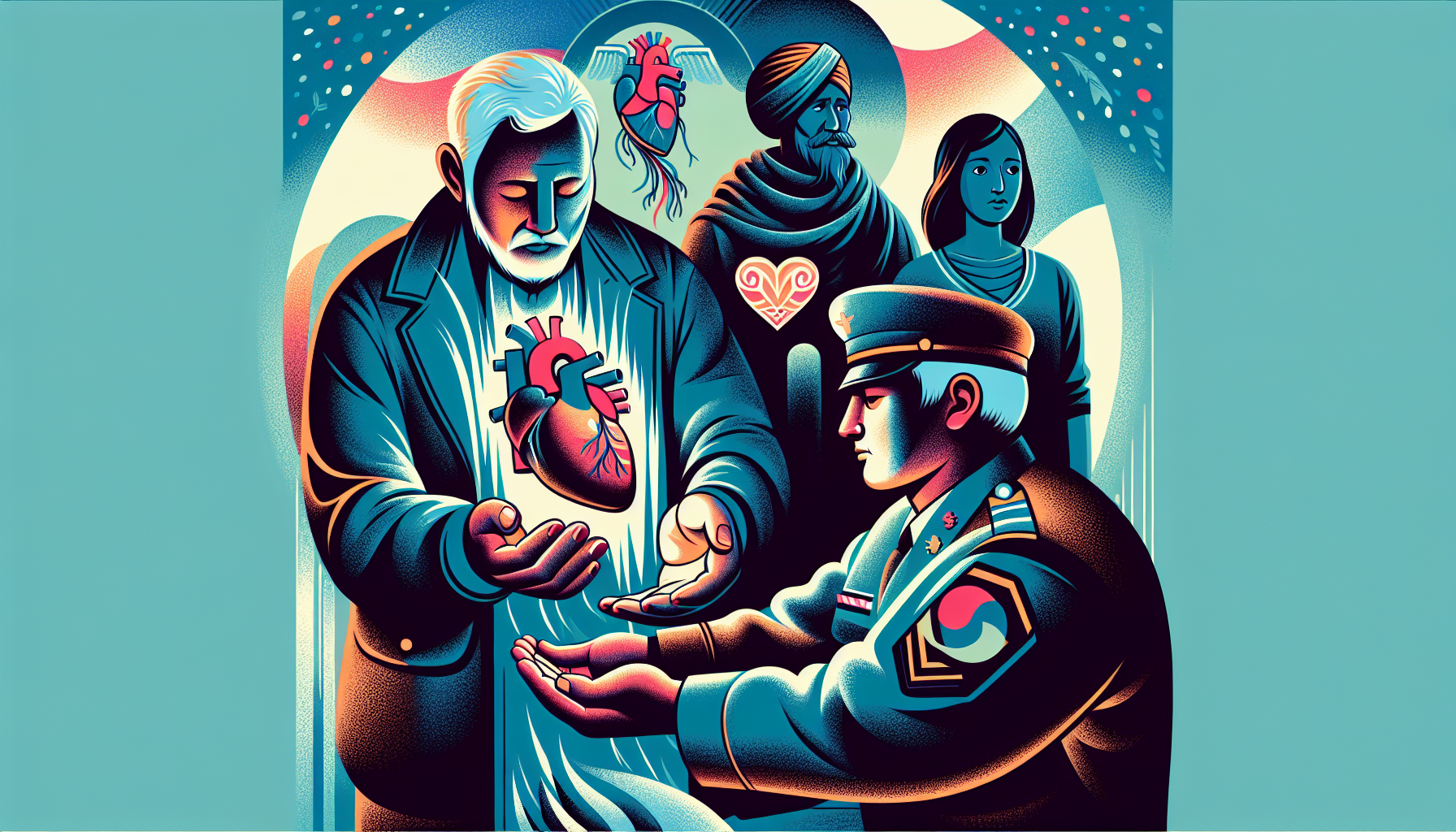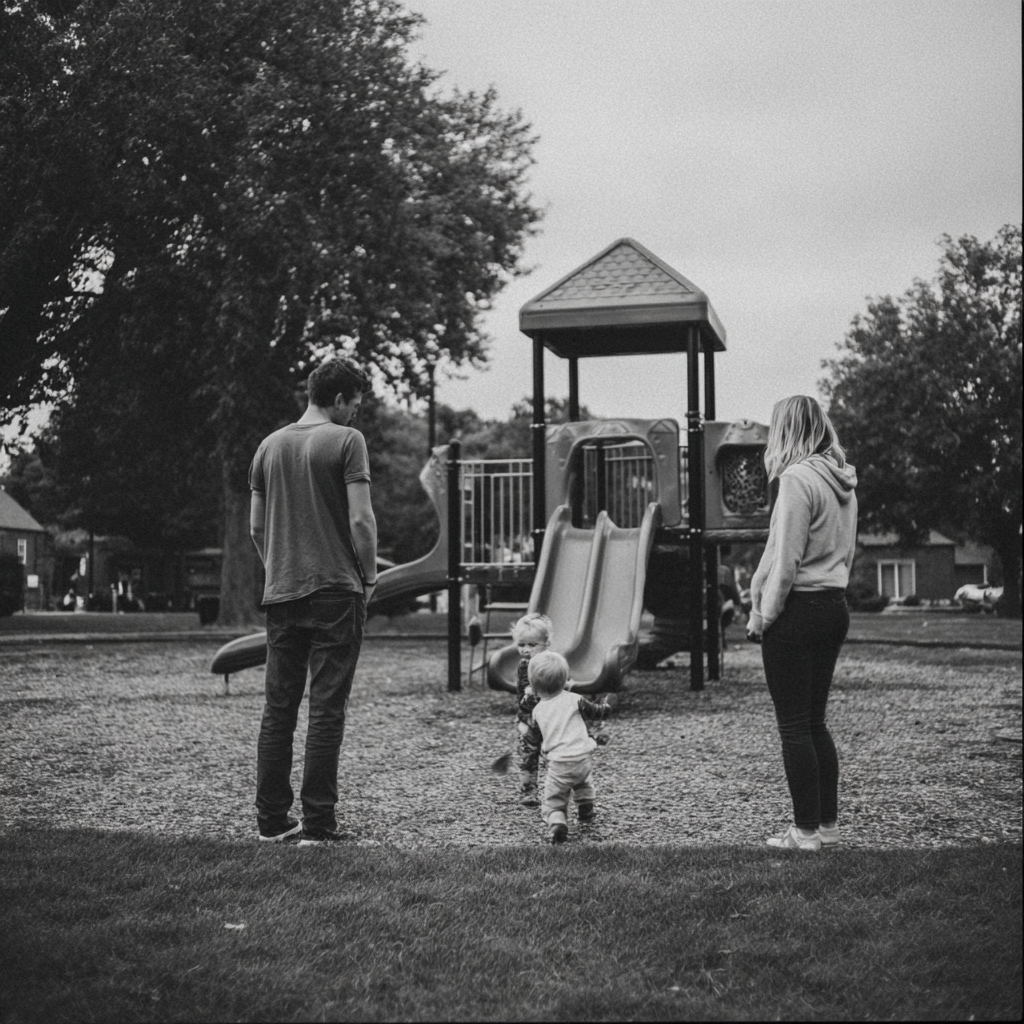Definition
Anatomical Gifts refers to the voluntary donation of one’s organs, tissues, or whole body after death, for the purpose of medical research, education, or transplantation. In the context of VA benefits, veterans may be eligible for certain funeral and burial benefits if they choose to make such a donation. The VA works with organizations that handle anatomical gifts to ensure proper handling and respect for the veteran’s remains.
Key Takeaways
- Anatomical Gifts refer to the voluntary donation of organs, tissues, or entire bodies for the purpose of medical research, education, or transplantation.
- VA benefits may cover related expenses, such as hospital and pre-donation examinations costs, for eligible veterans who choose to make an anatomical gift.
- Donating your body or organs as an eligible veteran can be a meaningful way to contribute to medical advancements or help fellow veterans and citizens in need of transplants.
Importance
The term “Anatomical Gifts” is important in the context of VA benefits because it refers to the voluntary act of donating one’s organs, tissues, or body after death to be used for medical purposes such as transplant, research, or education.
This selfless act not only has the potential to save and improve the lives of others but also aligns with the values of service and altruism inherent in the veteran community.
Furthermore, the Department of Veterans Affairs (VA) and other organizations provide resources and support to assist veterans and their families in making informed decisions regarding anatomical gifts.
By understanding and considering anatomical gifts, veterans can continue their legacy of service and positively impact countless lives, even after their own has passed.
Explanation
The term “Anatomical Gifts” in the context of VA benefits refers to the voluntary donation of a deceased individual’s organs and tissues for various causes, such as medical research or transplants. The purpose of these donations is to facilitate life-saving procedures, improve the quality of life for patients with serious medical conditions, and advance scientific knowledge and understanding of various diseases and conditions.
In the United States, anatomical gifts are also instrumental in medical education, as they provide invaluable opportunities for healthcare professionals to learn from real-life examples and practice their skills. For veterans, the decision of making an anatomical gift is typically rooted in the desire to make a meaningful contribution after death, as a gesture of goodwill, and a way of giving back and supporting fellow citizens.
Through the VA, eligible veterans may choose to donate their organs and tissues, helping potential recipients in numerous ways. These donations can be made through the Veterans Health Administration’s (VHA) National Transplant Program, as well as community healthcare providers and partnering institutions.
In addition, VA medical facilities often work closely with local organ procurement organizations to facilitate anatomical gift donations, ensuring that a veteran’s contribution has a lasting and positive impact on the lives of others.
Examples of Anatomical Gifts
An anatomical gift refers to a donation of the donor’s complex body parts or the entire body upon their death. Such donations are often used for medical research, education, and organ transplantation. Donors usually sign up with dedicated programs or specify in their wills that they wish to have their bodies or organs donated after their death.Here are three real-world examples of anatomical gifts related to VA veterans and military personnel:
Organ Donation to Save Lives: A deceased U.S. Army veteran donates his organs through the Military Organ Donor Program, helping save the lives of several people in need of organ transplantation. The veteran has consented to the organ donation through their will, and the family supports this decision, honoring the memory of their loved one.
Body Donation to Advance Medical Research: A retired U.S. Navy officer donates their body to the Uniformed Services University of the Health Sciences for medical research purposes. The donation helps the university’s research efforts, allowing the institution to study diseases, test new treatments, and better train future doctors in the medical field.
Willed Body Program: A former U.S. Air Force member pre-registers their body with the Department of Veterans Affairs Willed Body Program. In collaboration with the VA hospital system, the program utilizes the bodies of veterans for medical research and education, helping to advance healthcare for both military personnel and civilians.
FAQs about VA Anatomical Gifts Benefits
What are VA Anatomical Gifts benefits?
VA Anatomical Gifts benefits refer to a Department of Veterans Affairs program that supports veterans and their families by providing an opportunity to donate their body for medical research and education. This program helps advance medical advancements and improve the lives of future generations.
Who is eligible for VA Anatomical Gifts benefits?
Veterans, their dependents, and their survivors may be eligible for VA Anatomical Gifts benefits, as well as enrolled members of the VA health care system. However, eligibility is subject to certain restrictions, such as the health and medical condition of the donor at the time of death.
How can a veteran or their dependent apply for the Anatomical Gifts program?
To apply for the Anatomical Gifts program, the donor must complete VA Form 10-5345A, which is available on the VA website. This should be filled out and submitted as per the instructions provided, along with any necessary documentation to the closest VA medical center.
Can a veteran request a specific type of research or medical education for their donation?
Although the donor may have preferences on the type of research or medical education their anatomical gift supports, the VA cannot guarantee a specific type of research will be supported. Selection is based on the needs of researchers and medical professionals, as well as the current regulations and requirements in the field.
How does the VA handle the donation process, and what are the costs involved?
The VA Anatomical Gifts program helps facilitate the process for donation, including transportation of the body to the VA medical center, embalming, and cremation. The VA provides these services at no cost to the donor’s family. However, the family may be responsible for any additional expenses outside the scope of the VA’s services, such as funeral arrangements, memorial services, or burial costs.
What happens to the remains of a veteran or dependent who has donated their body to the VA Anatomical Gifts program?
Once the VA has completed the research or medical education with the donated remains, they will be cremated and the ashes will be handled as per the donor’s wishes. The donor’s family may choose to have the ashes returned to them, or they can be interred in a VA national cemetery or other cemetery.
Related VA Benefit Terms
- Organ Donation
- Tissue Donation
- Transplant Recipient
- Donor Registry
- Living Donor
Sources for More Information
- U.S. Department of Veterans Affairs: The official homepage of the Department of Veterans Affairs provides comprehensive information on a wide range of VA benefits, including anatomical gifts.
- National Library of Medicine: The National Library of Medicine, part of the National Institutes of Health, offers a wealth of information on medical topics, including anatomical gifts.
- American Optometric Association: The American Optometric Association provides resources on a variety of eye health and vision care topics, including anatomical gifts related to eye and corneal donation.
- OrganDonor.gov: OrganDonor.gov, managed by the Health Resources and Services Administration, is a comprehensive source for information on organ, eye, and tissue donation, which can include details on anatomical gifts for veterans.
 Benefits.com Advisors
Benefits.com Advisors
With expertise spanning local, state, and federal benefit programs, our team is dedicated to guiding individuals towards the perfect program tailored to their unique circumstances.
Rise to the top with Peak Benefits!
Join our Peak Benefits Newsletter for the latest news, resources, and offers on all things government benefits.





















